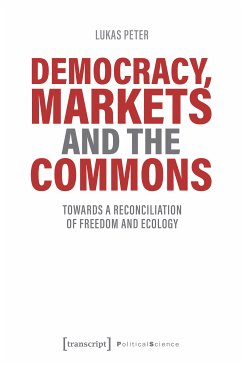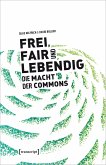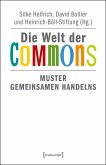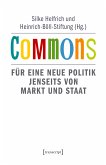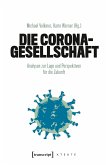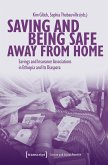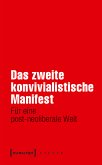How can we overcome the existing political, economic, and ecological crises that humanity faces? With the notion of the commons, Lukas Peter argues that this form of social organization can provide answers to the shortcomings of centralized states and open and competitive markets. By building on and going beyond the work of Elinor and Vincent Ostrom, he develops an ecological understanding of the commons and human freedom, more generally, thereby reinterpreting classical thinkers such as John Locke and John Rawls. Importantly, he does not suggest an end to property, states or markets, but rather a radical democratization thereof, ultimately providing a real alternative for the 21st century.
Dieser Download kann aus rechtlichen Gründen nur mit Rechnungsadresse in A, D ausgeliefert werden.

